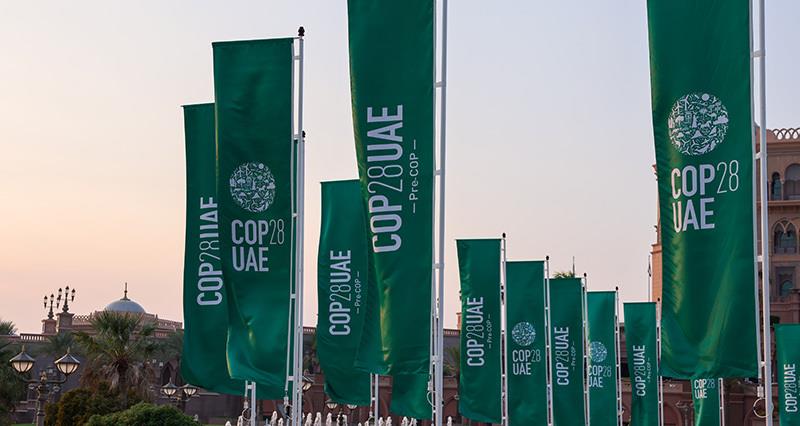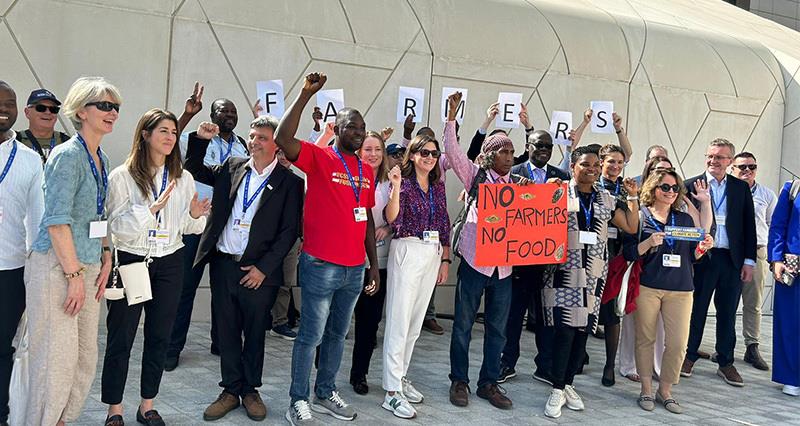The COP28 climate summit ended this morning, 13 December, with a historic agreement to “transition away from fossil fuels”.
More than 30 years after the first ‘Earth Summit’ held in Rio de Janeiro (June 1992), the root cause of global heating has been addressed.
Just 24 hours ago, the talks appeared deadlocked, as major negotiating parties rejected weak draft wording in the Global Stocktake on actions that ‘could’ be taken – but a compromise was hammered out in late-night discussions, and a revised draft issued at dawn. COP28 President Al Jaber brought down his gavel in the plenary session that followed, signalling the agreement of nearly 200 countries on the “UAE Consensus”.
With hindsight, it may have taken an oil-producing country to broker a deal approved by major fossil fuel producers, notably Saudi Arabia.
The change from wording about “phase out” or “phase down” of high carbon fuels (implying action by producers) to “transition away"(suggesting collective action by producers and end users) may have been critical in achieving this breakthrough.
Despite the reservations of many environmental campaigners (as well as critically threatened small island states), the language of future international climate agreements can only get tougher from here, and a strong signal has been telegraphed from Dubai to the global investment and business community.
The future lies in a low-carbon global economy.
A shame, then, that our NFU representatives at COP28, Ceris Jones and Jenny Brunton, have to report disappointment on two counts: firstly, that recognition of the role of farmers did not appear in the approved final text of the agreement, and secondly that the joint work on agriculture has not progressed.
NFU members, join our Environment and climate community to download the NFU net zero teams’ deep dive into the first GST (Global Stocktake).




